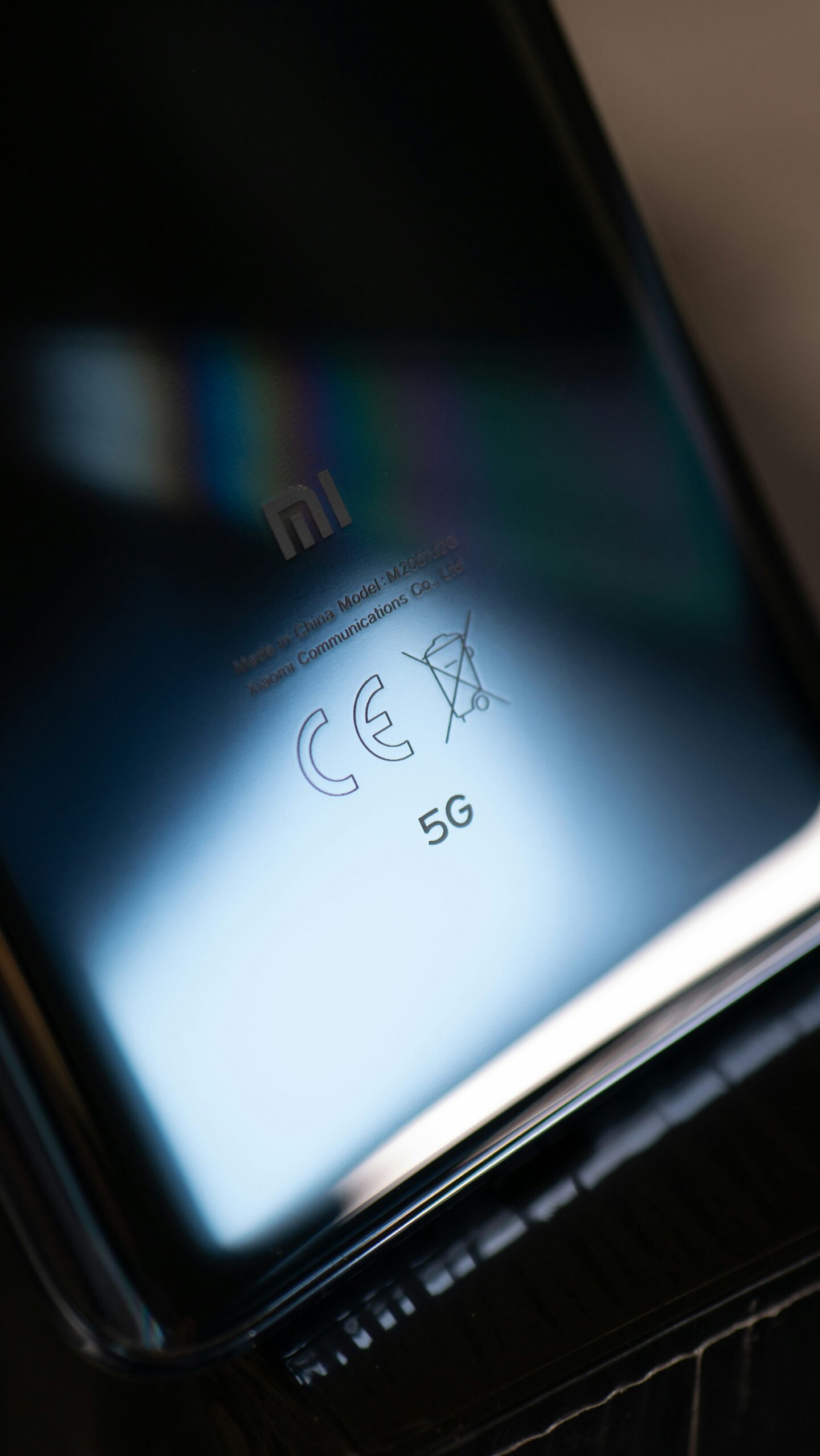Blockchain technology is best known for its applications in cryptocurrency, but it is also making waves in industries like digital advertising. For tech-savvy marketers, understanding the role of blockchain in advertising can open up new opportunities for transparency, security, and efficiency. As issues like ad fraud and lack of transparency continue to challenge the digital ad ecosystem, blockchain offers innovative solutions. Here’s how blockchain is transforming digital advertising and why it matters for your campaigns.
What is Blockchain Technology?
Blockchain is a decentralized, distributed ledger that records transactions across multiple computers. The technology ensures that data is secure, transparent, and cannot be altered without consensus from the network. Each transaction or record is stored in a “block,” and these blocks are linked together to form a chain. This structure makes blockchain highly secure and resistant to tampering.
Key Benefits of Blockchain in Digital Advertising
- Transparency and Trust
One of the biggest challenges in digital advertising is the lack of transparency between advertisers, publishers, and intermediaries. Blockchain creates a transparent environment where all parties in the advertising supply chain can see every transaction and verify its authenticity. This increased visibility helps build trust and ensures that advertisers are getting what they pay for, whether it’s accurate impressions or real clicks.
- Combatting Ad Fraud
Ad fraud, including practices like click fraud and fake impressions, costs advertisers billions of dollars annually. Blockchain can help reduce ad fraud by verifying the legitimacy of ad placements and user interactions. Because blockchain records every transaction, it becomes easier to trace and eliminate fraudulent activities, ensuring that advertisers only pay for genuine, verifiable ad impressions.
- Improved Data Privacy and Security
Blockchain offers enhanced data privacy and security by decentralizing data storage and encrypting transactions. This is particularly important as data privacy regulations, such as GDPR and CCPA, become stricter. By using blockchain, advertisers can ensure that user data is protected, and that data usage complies with legal requirements. Additionally, users can have more control over their personal data and consent to how it is used in advertising.
- Eliminating Middlemen
The digital advertising supply chain is often complex, with multiple intermediaries like ad exchanges, demand-side platforms (DSPs), and supply-side platforms (SSPs). These middlemen can drive up costs and reduce efficiency. Blockchain allows advertisers and publishers to connect directly, eliminating unnecessary intermediaries and reducing fees. This creates a more efficient and cost-effective advertising ecosystem.
- Transparent Smart Contracts
Smart contracts are self-executing contracts with terms written into code. In digital advertising, smart contracts can automatically enforce agreements between advertisers and publishers. For example, a smart contract could release payment only when certain conditions, like the delivery of a specific number of impressions or clicks, are met. This ensures that both parties uphold their end of the deal, reducing disputes and streamlining payment processes.
- Accurate Attribution and Measurement
Attribution is one of the most challenging aspects of digital advertising, as advertisers often struggle to determine which touchpoints contributed to conversions. Blockchain can provide a clear and verifiable chain of events, making it easier to track user interactions across the digital landscape. This accurate attribution helps advertisers better understand the effectiveness of their campaigns and optimize future efforts.
How Blockchain is Being Used in Digital Advertising
- Ad Verification
Blockchain is being used to verify ad delivery and ensure that advertisers are only paying for genuine impressions and clicks. By recording every interaction on the blockchain, advertisers can audit their campaigns in real time and detect any discrepancies or fraudulent activities.
- Data Management
Blockchain technology is enabling decentralized data management platforms where users control their own data and choose how it is shared with advertisers. These platforms allow users to monetize their data while ensuring that advertisers have access to high-quality, verified data for targeting.
- Supply Chain Transparency
Blockchain is being adopted by companies to bring transparency to the digital advertising supply chain. Advertisers can track the entire journey of their ads, from purchase to placement, and verify that each step was completed as agreed. This eliminates “hidden fees” and ensures that ad budgets are spent efficiently.
- Smart Contracts for Payment
Advertisers are beginning to use blockchain-based smart contracts to automate payments to publishers. With smart contracts, payments are only released when predefined conditions, such as successful ad delivery, are met. This reduces the need for third-party verification and ensures that both advertisers and publishers are paid fairly and promptly.
Challenges of Implementing Blockchain in Advertising
While blockchain offers many benefits, there are still some challenges to consider. Scalability is a significant issue, as blockchain networks can struggle to handle large volumes of transactions quickly. Additionally, the technology is still evolving, and widespread adoption may take time. However, as blockchain solutions mature, these challenges are expected to decrease, making the technology more accessible to the digital advertising industry.
Conclusion
At Advida, we are exploring the potential of blockchain technology to bring greater transparency, security, and efficiency to our digital advertising efforts. By leveraging blockchain, we can reduce ad fraud, protect user data, and ensure that our ad budgets are spent effectively. As blockchain continues to evolve, its impact on the digital advertising landscape will only grow, offering marketers new ways to enhance campaign performance and build trust with their audience. Embrace the power of blockchain and position your advertising strategy for the future.



